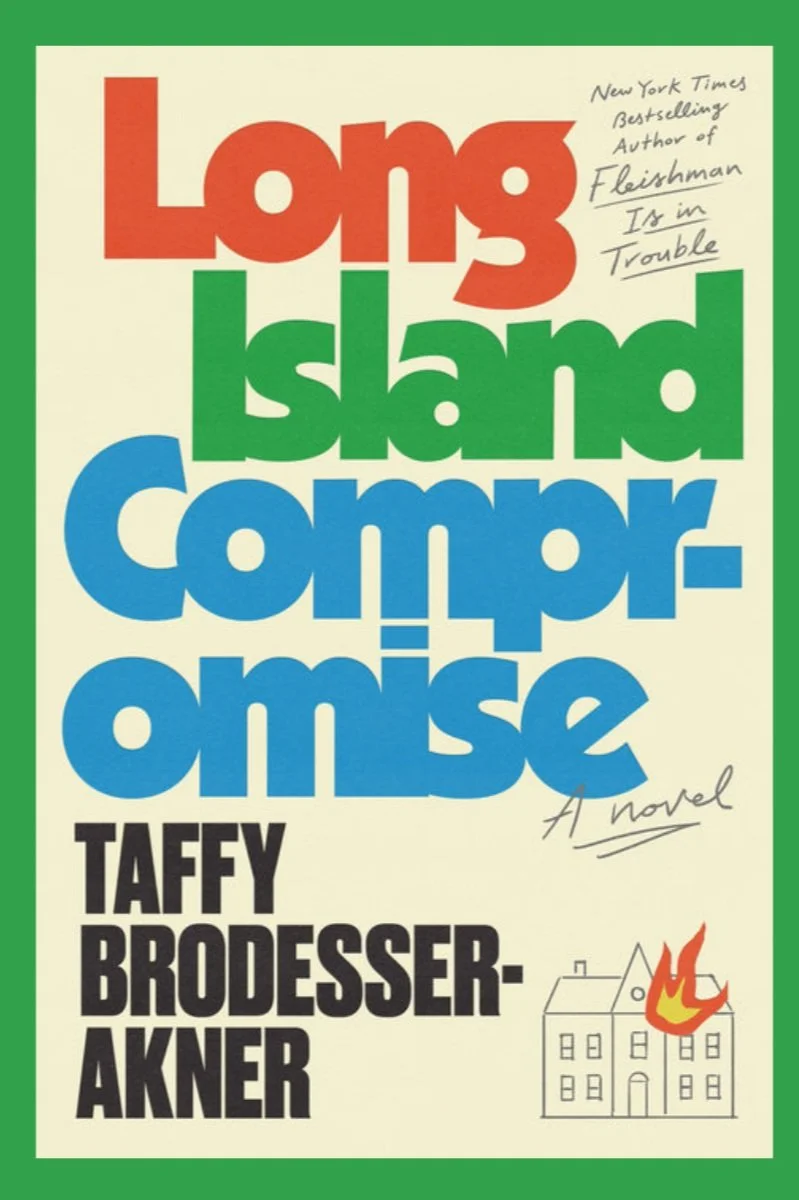Tell Me How to Be – Neel Patel
Neel Patel’s debut novel is about shame, memory and the distance between who we are and who we want to be. If you read his short story collection, “If You See Me, Don’t Say Hi,” this won’t feel like new ground.
But if you left that collection underwhelmed, like I did, it’s worth giving Patel another shot here. With a tighter focus on a single family, we finally see what he’s capable of — even if the narrative still flirts with some of the melodrama that held that earlier book back.
Told in alternating perspectives between Akash, a closeted, alcoholic songwriter in Los Angeles, and his widowed mother, Renu, “Tell Me How to Be” explores what happens when we can't leave the past behind.
When we meet Akash, he is drowning: in liquor, in regret and in the kind of performative self-awareness that often substitutes for real growth. He is also insufferable — by design, I think — but in a way that tests the reader’s patience.
Closeted to his family, dependent on a boyfriend he neither respects nor remains faithful to, and brimming with excuses for his betrayals, Akash reads less like a fully realized character and more like a hodgepodge of damage.
His shame is real and richly textured: growing up gay in a conservative immigrant family in the Midwest, always falling short of his “perfect” older brother. But Patel risks — perhaps unintentionally — using that trauma as both explanation and absolution. Akash rarely reckons with the wreckage he creates; he merely catalogs it.
Renu, on the other hand, emerges as the novel’s emotional anchor. Intelligent, bitter and sharply observant, she is a woman who was forced to give up love for an arranged marriage and has spent the decades since performing domestic contentment in a country she never fully accepted.
Her reflections are biting, sometimes funny and always honest. She harbors her own lost love, one she rediscovers via Facebook after her husband’s death, and her narrative carries a quiet urgency, because she knows she has less time to become the person she once imagined she’d be.
The novel is at its weakest in its first section, which leans too heavily on Akash’s dysfunction and Renu’s surface-level grief. It threatens to become one of those books about sad people being sad but not doing anything about it. However, somewhere in Part Two, the story opens up.
The pasts begin to speak, and we learn about Akash’s adolescent crush on a family friend, which ends in violence and shame; Renu’s pregnancy loss after emigrating; her growing resentment of America’s politeness mixed with thinly veiled racism. These flashbacks don’t just fill in characters, they deepen the book’s questions about who we’re allowed to become, and what we’re asked to give up in the process.
Still, Patel makes some frustrating choices. Bijal, Akash’s brother, is barely more than a narrative device – part golden child, part punching bag, both literally and figuratively. While the novel flirts with depth, it too often takes the easy path of sentimentality just when the story seems ready to go somewhere more complicated.
The real standout here is the audiobook. Vikas Adam gives one of the best solo performances I’ve heard. His vocal range and character work are so distinct I assumed there were multiple narrators. His delivery probably kept me from bailing early on, and I’m glad I stuck with it.
“Tell Me How to Be” isn’t perfect. It’s sometimes overwrought, and Akash will test your sympathy, but it’s also culturally honest without pandering and willing to sit in discomfort. It shows real growth from Patel’s earlier work and enough promise to make me want to see what he does next.
Rating (story): 3.5/5 stars
Rating (narration): 5/5 stars
Format: Audiobook (library loan)
Dates read: May 1 – May 7, 2025
Multi-tasking: Good to go. There’s a fair amount of repetition in the plot and themes, but the alternative POVs, short chapters and engaging narration make it easy to stay focused regardless of activity.





